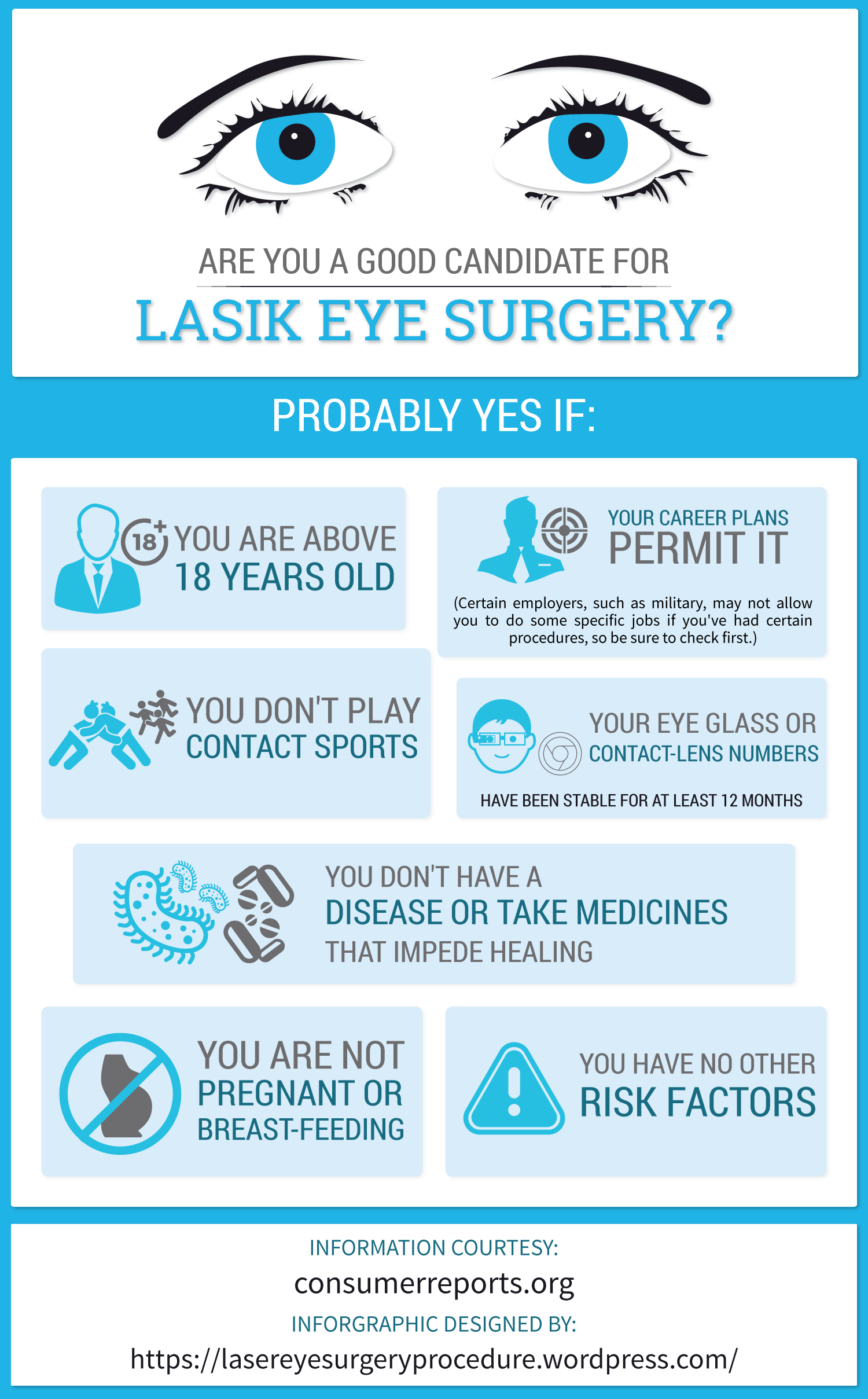visit the next web page By-Hendricks Wichmann
Have you ever considered Refractive Lens Exchange (RLE) as a choice for vision correction? While it isn't as commonly discussed as LASIK, RLE could be a game-changer for your sight. Many people ignore its benefits, thinking conventional approaches are their only option. Yet what are the genuine benefits, and what might your optometrist not be informing you regarding this treatment? Let's check out the ins and outs of RLE with each other.
Understanding Refractive Lens Exchange: The Basics
Refractive lens exchange (RLE) is an operation that can dramatically improve your vision, specifically if you're handling presbyopia or extreme refractive mistakes.
Throughout RLE, your eye doctor eliminates your eye's natural lens and changes it with a man-made one tailored to your vision requires. This procedure can remedy nearsightedness, farsightedness, and astigmatism, giving you clearer vision without depending on glasses or get in touch with lenses.
The surgery is normally quick, taking less than an hour, and the majority of clients experience minimal pain. Prk is fairly quickly, enabling you to go back to your everyday tasks soon after.
If you're considering RLE, seeking advice from your optometrist can help you determine if it's the best option for you.
Secret Differences In Between RLE and Conventional Cataract Surgery
While both refractive lens exchange (RLE) and typical cataract surgical treatment entail replacing the eye's natural lens, their main objectives and patient accounts vary significantly.
RLE is targeted at individuals looking for to lower their reliance on glasses or get in touch with lenses due to refractive errors, commonly prior to cataracts establish. In contrast, standard cataract surgical treatment generally targets people who've developed cataracts, which cloud the lens and harm vision.
The lenses used in RLE can supply a broader range of vision adjustment, while typical cataract surgery usually involves basic monofocal lenses.
Furthermore, RLE candidates are typically younger and in great overall health, whereas cataract people might be older and have various other health and wellness problems.
Picking the appropriate procedure relies on your specific vision demands and circumstances.
Potential Advantages and Considerations of RLE
If you're thinking about refractive lens exchange (RLE), you'll locate numerous potential benefits that might improve your lifestyle.
RLE can offer you with more clear vision, minimizing or eliminating the requirement for glasses or call lenses. It supplies a chance to address presbyopia and various other refractive errors all at once, frequently boosting your overall visual acuity.
In addition, RLE can be a terrific option if you're not an appropriate prospect for LASIK. However, it's important to weigh the considerations, like the cost, possible risks, and the recuperation period.
Discussing your specific demands with your optometrist can assist you make an educated choice, guaranteeing you choose the best course for your vision improvement.
Conclusion
In conclusion, refractive lens exchange offers a special remedy for vision adjustment that exceeds what LASIK can give. It's essential to weigh the advantages against potential risks and costs prior to making a decision. Do not wait to ask your ophthalmologist the tough inquiries to ensure you fully understand the treatment and its ramifications for your vision. With the appropriate information, you can confidently select the very best choice for your eyes and lifestyle.

